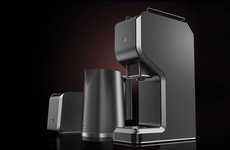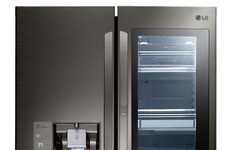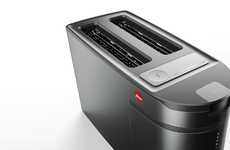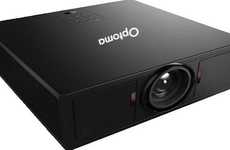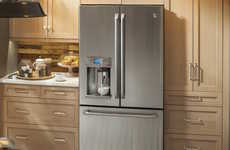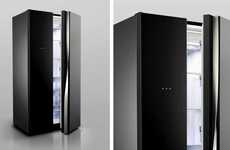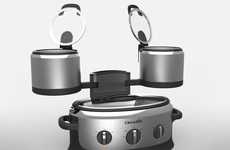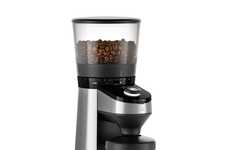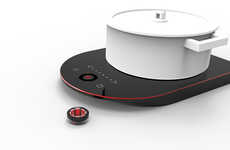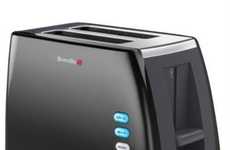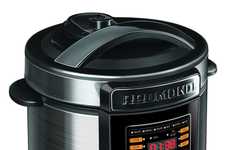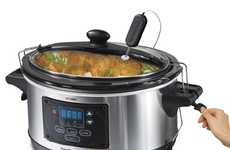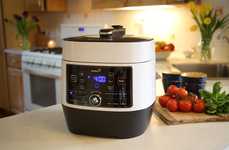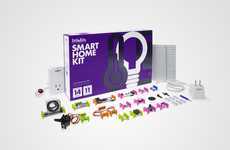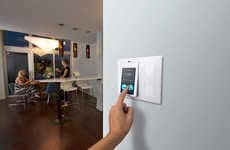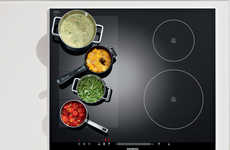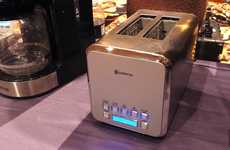

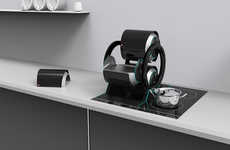
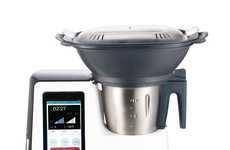
Smart home technology offers working homeowners stress-free convenience
Implications - Busy consumers are searching for peace of mind when it comes to staying on top of household maintenance. Using smart home technology to connect and control their devices, homeowners are able to more easily complete tasks and chores, even when they're away from home. This not only signals a rise in workplace culture, in which consumers spend more time out of the home than ever, but also the prioritization of automation and connected solutions.
Trend Themes
1. Connected Appliances - With the rise of automation and connected solutions, there is opportunity for businesses to develop smart home technology that allows for remote control and monitoring of household appliances.
2. Internet of Things Kitchen Appliances - As the Internet of Things grows, the need for smart kitchen appliances that offer Wi-Fi connectivity and IoT capabilities is on the rise, presenting business opportunities for creating devices that help enrich the cooking experience.
3. Food Freshness Detection - There is room for innovation in creating kitchen appliances that feature built-in sensors to detect the freshness of ingredients, enhancing the quality of food preparation and eliminating any risk of serving stale ingredients.
Industry Implications
1. Smart Home Technology - Companies developing smart home technology are in the position to gain a competitive edge as more consumers prioritize automation and connected solutions in the household.
2. Kitchen Appliance Manufacturing - In the age of the Internet of Things, businesses specializing in the production of smart kitchen appliances are well-positioned to meet growing demand for devices that streamline cooking, while offering innovative features and convenience.
3. Food and Beverage - The food and beverage industry can benefit from new technology that helps to detect freshness and enhance the quality of ingredients, optimizing flavor and texture in meal preparation.


